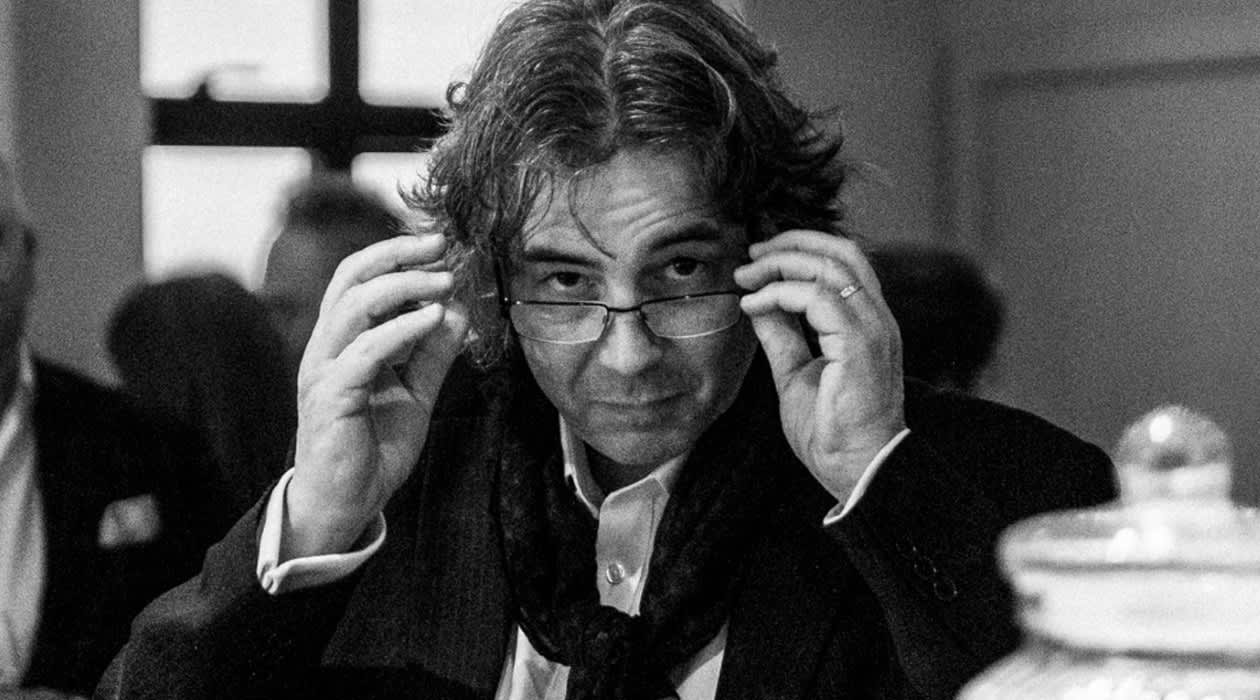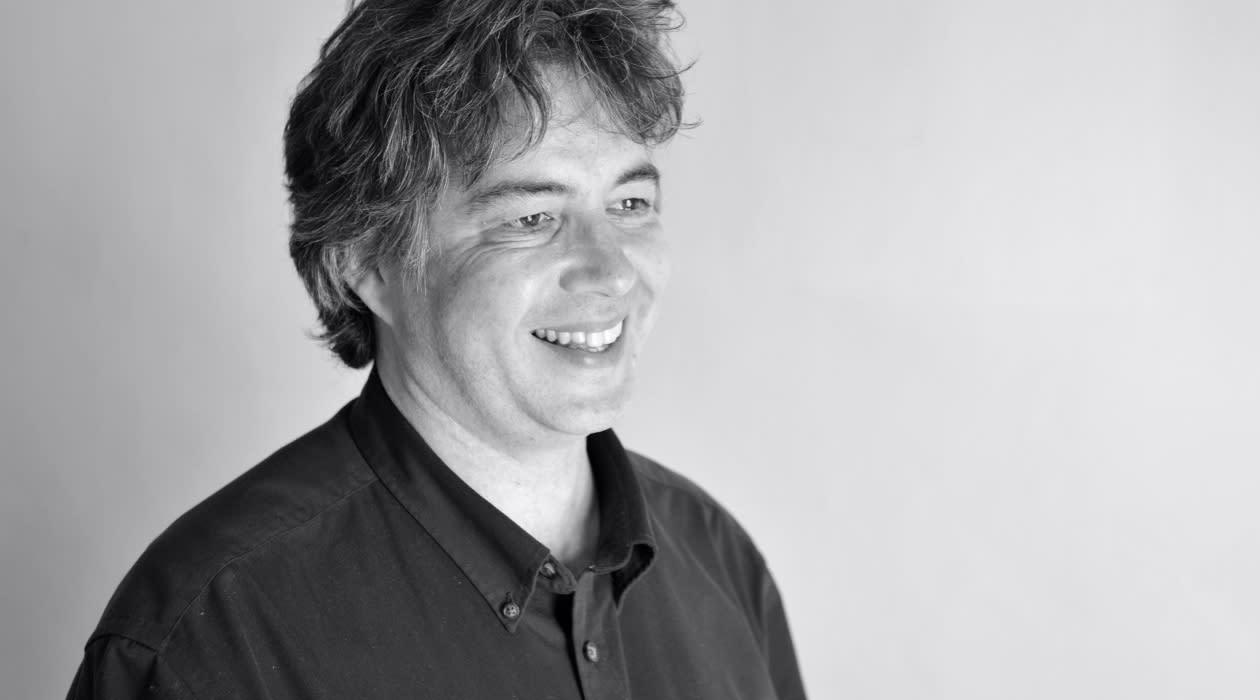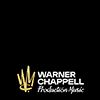Sean Mackenzie | Behind The Lens
August 2, 2022
Next up in our ‘Behind The Lens’ series is Sean Mackenzie! With impressive credentials under his belt including winning the Best Editing Factual BAFTA for ‘Amish: A Secret Life’ (2013) and ‘Arena: The Many Lives of Richard Attenborough’ (2004), Sean is no stranger to the edit! Most recently, Sean was nominated for the BFE Cut Above Awards ‘Best Edited British Documentary or Non-Fiction Programme’, for his work on ‘Paul Merson: Football, Gambling & Me.’ This documentary followed the story of former footballer Paul Merson and his journey with gambling addiction.
Join Sean as he dives into his experience working on ‘Paul Merson: Football, Gambling & Me’, the art of editing and working with the legendary Ken Russell!
Congratulations on your nomination for BFE’s Best Edited British Documentary or Non-Fiction Programme! What was it about the story of ‘Paul Merson: Football, Gambling & Me’ that drew you to working on this project?
Director Christian Collerton approached me and we met on the day he first met Paul. Everything he said about his encounter with Paul that day made me want to cut the film. Paul had been open, engaging and funny, and had a powerful story to tell about important issues. He was up for the observational nature of filming his encounters in a wide-ranging investigation into gambling addiction, including current scientific research. It immediately felt like a tremendous film to edit.
Whilst working on the film, how did you use music, sound and dialogue to share the personal stories told in this documentary?
Music was very important in the film. At some point in the rushes, Paul compared his head to a washing machine. That clue of swirling motion, circular movement, repeating patterns and cycles was enough for us to give our composer, James Vine, a starting point.
Musically we hear time ticking in various ways like different heart rates as scenes ebb and flow, with wonderfully simple tunes on top. The music had a sense of drive and forward motion, and an energy to match Paul.
Drawing from your own experience, what role do sound and music play in the edit?
Sound and music choices are always important in the edit, and both can be such a joy. I love trying to create space for music in films and sometimes achieving what could be described as an extended music sequence. I like the fact that they can feel surprising emotionally. There's one in How to get to Heaven with the Hutterites where we see a young man leave his colony for good early one morning. As he cycles away from his home to be picked up by his sister in a waiting car some distance away, we hear ‘Hallelujah’ by Jeff Buckley.
Sometimes you’re just lucky. Having Brian Eno compose the music for Bacon's Arena, an Arena film on Francis Bacon was perfect. He gave us lots of music and we could use it wherever and however we wanted.
Things composed with one sequence in mind often worked brilliantly over others. Being able to play and experiment with music in the edit is essential.

You’ve mentioned before that Ken Russell’s film ‘Tommy’ inspired you to become a film editor. Can you talk me through how this particular film inspired you in your career? What was it about this particular film that drew you left an impression on you as a child?
Tommy was my introduction to Ken Russell and Ken Russell was like a whole education for me. What was an enfant terrible and why was he always described as one? I saw the film on a cinema screen aged eleven and it had a massive impact on me. You were thrown into young Tommy's world and the story spiralled from one dramatic event to the next, all memorable visually and musically. It felt exciting. It made me want to see more Ken Russell films. I saw Mahler soon after and that felt like my own introduction to classical music (and the opening image of the burning hut with the music is my favourite opening scene).
I leant that Ken had made creative arts documentaries for the BBC and talked about the importance of editing. That was enough for me to think what a wonderful thing to do.
It’s not very often in life you get to meet your heroes and work with them! How was it like working with Ken Russell? What did you learn from that experience?
Working with Ken on a film about English folk song was a delight. I leant that there is a cumulative effect from every decision Ken makes, which makes it a Ken Russell film. If he shot a cut away or close up he wanted to see that in the film. Each detail adds up. Humour was important. He took great care writing his narration links and had as much fun as possible with the film and the edit.
Over the span of your career, you’ve worked on a variety of incredible documentaries. What do you enjoy the most about working with documentaries in particular?
Documentaries often give you incredible access to intimacy, whether following people sharing their lives and events with us, or discovering things about people's lives and situations. I enjoy the fact that the film has to be discovered in the edit and that what emerges from the rushes and other material is a creative process. And that that process is never quite the same.
Any advice for upcoming editors in the industry?
Ask everyone for as much advice as possible. You'll find most people are helpful.
If you were a music genre, what would you be and why?
The Sensational Alex Harvey Band were virtually a music genre themselves, bringing theatricality to everything they did and being masters of the cover version, be it Jacques Brel, Kander and Ebb or Irving Berlin. I'd be them!
 2011-2026 Warner Chappell Production Music United Kingdom. All Rights Reserved.
2011-2026 Warner Chappell Production Music United Kingdom. All Rights Reserved. 